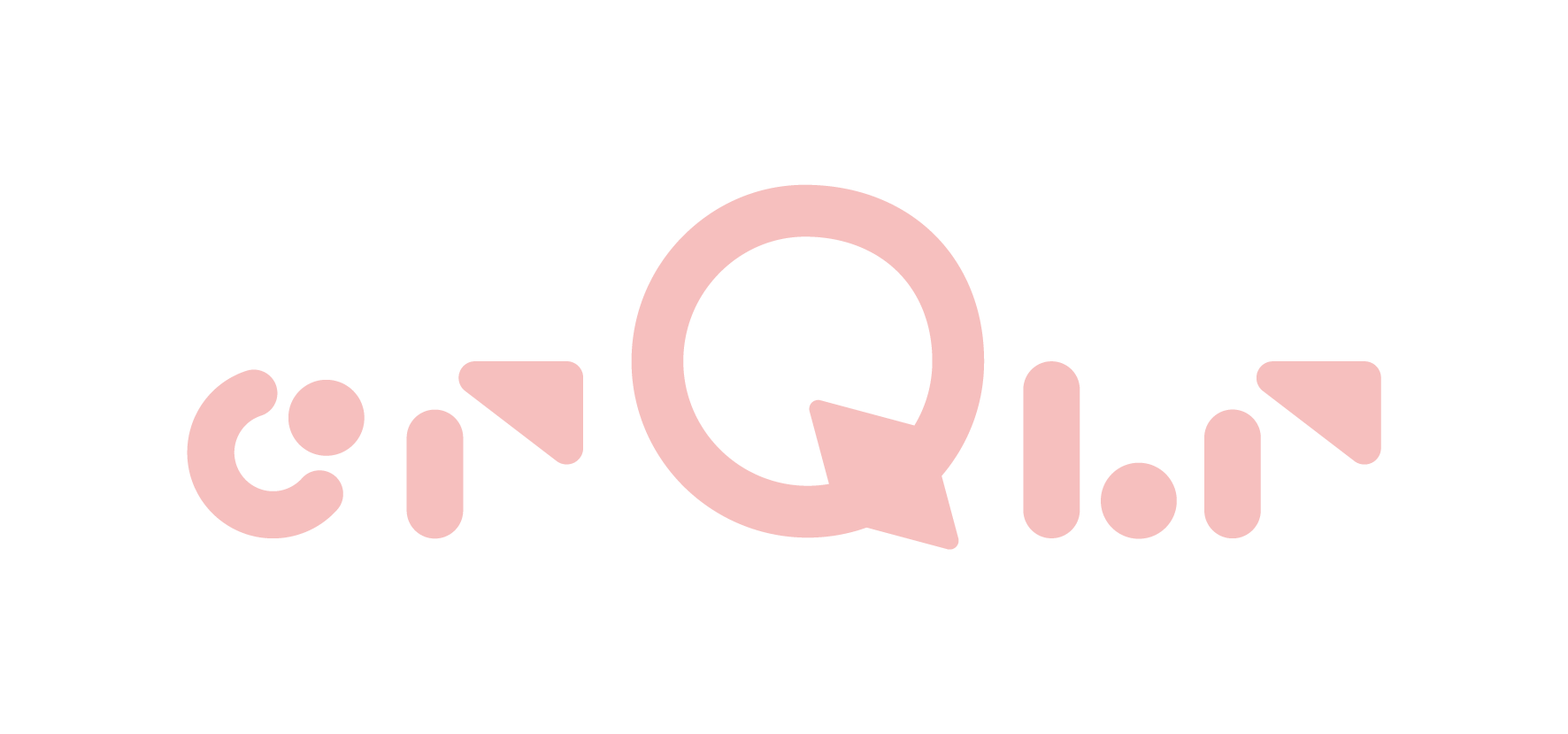-
Name of the submitted project or idea (in English or both English and your language)
The Regenerative Design Studio - connecting Hida and Tainan
-
URL of a video introducing the work(under 5 minutes)
-
Detailed explanation of the submitted project or idea (in English or both English and your language)
In collaboration with Hidakuma, a group established by Loftwork in the Japanese city of Hida to connect local woodworkers to the world, we have organized a five-week “Regenerative Design Studio.” The purpose of the program is to rethink the role of designers in improving the sustainability of the wood manufacturing supply chain. This is a unique opportunity for students to expand their understanding of the forest as a natural resource. Rather than treating wood as a standardized material, this design studio aims to develop a deeper understanding of wood manufacturing, traditional wood craft, and wood as a material at its most natural state. As a design challenge, students are asked to provide design solutions which address at least one of the following issues:
How to reduce material waste in the standardization process.
How to better utilize the different parts of the tree which are often discarded in the standardized wood manufacturing process.
Cradle to Cradle – to think about the circularity of their design.
As part of the Regenerative Design Studio, the program also invited four researchers who focus on ESG (environmental, social and governance) reporting to study how Hidakuma, as a public and private joint venture between the city of Hida, Loftwork (a design and creative company), and Tobimushi (a forestry management company), has gradually realigned the wood manufacturing supply chain and created new local business opportunities. The ESG research team also helped to quantify carbon storage using a new manufacturing and construction approach that utilizes almost every part of lumber to minimize production waste.
The program invited members of Hidakuma to Tainan to share their challenges and experiences from Hida’s local wood manufacturing industry. Additionally, the program organized a ten day design camp in Hida, allowing students and ESG researchers to immerse themselves in the wood supply chain and tackle design challenges. -
How does your work address the 3 P’s (for Planet, for People, for Profit) for Sustainability?
The Regenerative Design Studio provides the opportunity for students and researchers to be immersed in a foreign community not just as a tourist, but to have a chance to actively engage with the local stakeholders, businesses, and residents in Hida. We hope that the students can learn to think of design not from a bird’s eye view, but instead when they walk along the street or feel the sunlight and breeze in a forest, they will strive to use their design as medium for making connections between people and the environment.
-
Where (country, region, etc.) have you primarily carried out your project?
Hida, Japan and Tainan, Taipei
-
What is the timeline your project has taken place over?
2023-2024
-
Keywords
#regenerativedesign #educationproject #crosscultural
-
If you have a website for your submitted project or idea, please provide the URL
-
If you have a social media account for your submitted project or idea, please provide the URL
-
Special Prize Question 1: Is there a mechanism in place to inherit culture and industry as assets for people living in that area 100 or even 1000 years from now?
-
Special Prize Question 2: What is the positive impact on biodiversity? Is the project creating a cycle not just from a human-centered perspective but for the entire ecosystem?
-
Special Prize Question 3: Are you enabling new forms of collaboration with others? New forms of collaboration might include cross-industry cooperation, co-creation with consumers, or role transformations within the supply chain.
- 64
Regenerative Design Studio with Atelier Future
Building upon the pilot version of the Future Dynamic Program started in 2022 by FabCafe Taipei, Loftwork Taiwan, and National Cheng Kung University (NCKU) , the program was expanded from just a nine week program to consist of four learning modules spanning across three academic semesters in 2023 and 2024. The Future Dynamic Program aims to provide more opportunities for students to engage with practitioners and companies in addressing emerging social challenges in Asia.
In collaboration with Hidakuma, a group established by Loftwork in the Japanese city of Hida to connect local woodworkers to the world, we have organized a five-week “Regenerative Design Studio.” The purpose of the program is to rethink the role of designers in improving the sustainability of the wood manufacturing supply chain. This is a unique opportunity for students to expand their understanding of the forest as a natural resource. Rather than treating wood as a standardized material, this design studio aims to develop a deeper understanding of wood manufacturing, traditional wood craft, and wood as a material at its most natural state.
In collaboration with Hidakuma, a group established by Loftwork in the Japanese city of Hida to connect local woodworkers to the world, we have organized a five-week “Regenerative Design Studio.” The purpose of the program is to rethink the role of designers in improving the sustainability of the wood manufacturing supply chain. This is a unique opportunity for students to expand their understanding of the forest as a natural resource. Rather than treating wood as a standardized material, this design studio aims to develop a deeper understanding of wood manufacturing, traditional wood craft, and wood as a material at its most natural state.


